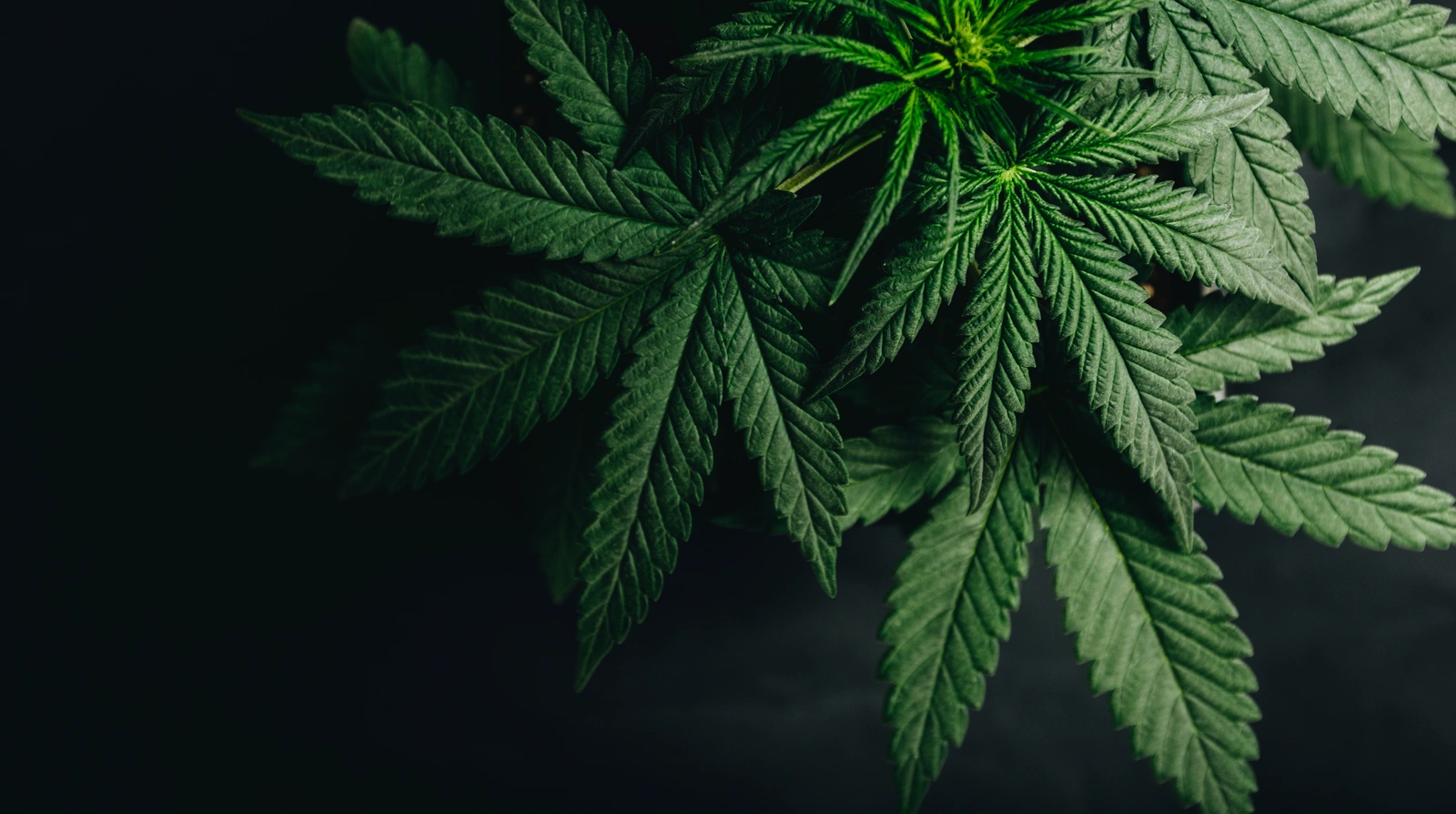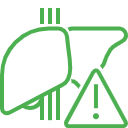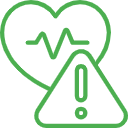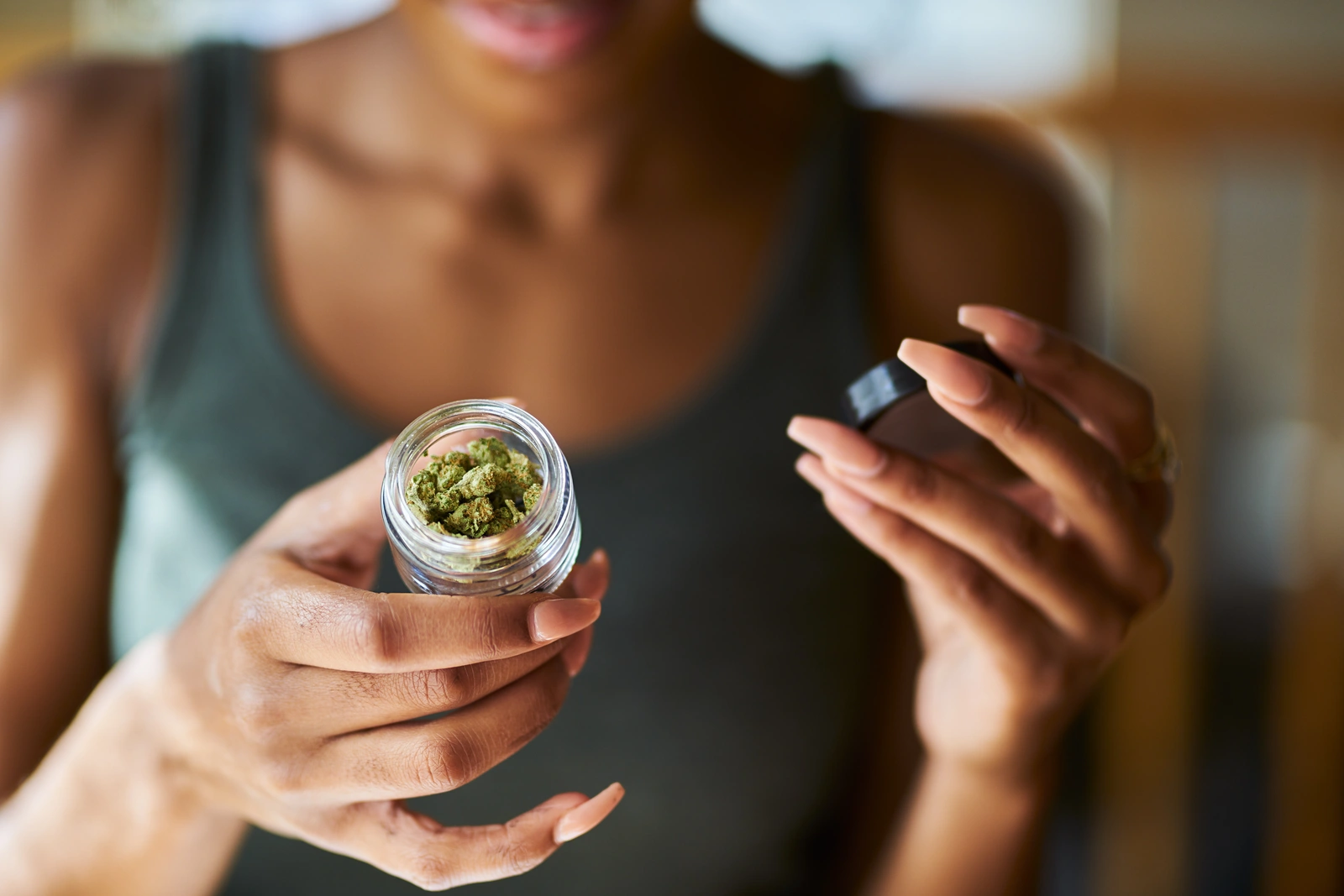Rehab For Weed Addiction: When to Seek Help
Marijuana, once widely regarded as a benign substance, has increasingly come under scrutiny for its potential to influence various issues, including addiction. While advocates tout the medicinal benefits and recreational use, studies have shed light on the adverse effects associated with prolonged or excessive consumption.[1]
The psychoactive compound THC (tetrahydrocannabinol) in marijuana can trigger a range of physical and psychological dependencies, leading to addiction and co-occurring issues.[2] Additionally, the potency of modern strains has escalated, amplifying the risk of addiction and exacerbating associated health concerns.[3]
- Marijuana, derived from the Cannabis plant, is a psychoactive drug used for recreational and medicinal purposes due to its ability to alter perception and mood.
- Chronic marijuana use can lead to negative health consequences, including impaired cognitive function and increased risk of mental health disorders.
- Marijuana addiction is characterized by psychological craving, tolerance, withdrawal symptoms, and continued use despite negative consequences.
- Treatment options for marijuana rehab include therapies like ACT, CBT, DBT, EMDR, and yoga therapy, aiming to address underlying issues and promote recovery.
What Is Marijuana?
Marijuana is a psychoactive drug derived from the cannabis plant.[4] It is commonly used for recreational and medicinal purposes due to its ability to alter perception, mood, and cognition. The plant contains hundreds of compounds, but the primary psychoactive component responsible for its effects is delta-9-tetrahydrocannabinol (THC).[5]
When marijuana is consumed – typically by smoking, vaporizing, or ingesting it – THC interacts with cannabinoid receptors in the brain, resulting in a variety of effects such as euphoria, relaxation, altered perception of time, and increased appetite.[6] Beyond its recreational use, marijuana has been utilized for centuries for its potential therapeutic properties, with ongoing research exploring its efficacy in managing various medical conditions.[7]
However, despite its recreational and potential medicinal benefits, marijuana also carries several downsides. Prolonged or heavy use of marijuana can lead to negative health consequences, including impaired cognitive function, memory problems, respiratory issues from smoking, and increased risk of mental health disorders such as anxiety, depression, and psychosis.[8] Additionally, chronic marijuana use has been linked to dependency and addiction, with some users experiencing withdrawal symptoms such as irritability, insomnia, and decreased appetite when attempting to quit.[9]
Marijuana Addiction and Abuse
Marijuana addiction and abuse can impact several aspects of your life. The relaxation and altered perception experienced while under the influence of marijuana can reinforce its use as a coping mechanism for managing stress or other emotional difficulties.[10] Such chronic marijuana use can result in tolerance, where individuals require increasing amounts of the drug to achieve the desired effects, heightening the risk of dependency and addiction.
Physiologically, marijuana abuse can lead to health complications as well. Smoking marijuana can cause respiratory issues similar to tobacco smoke, including chronic bronchitis and lung inflammation (and long-term use has been associated with cognitive impairment and memory issues).[11]
Despite growing awareness of the risks associated with marijuana use, addiction remains a significant concern. Around 30% of people who use marijuana may meet the criteria for cannabis use disorder, characterized by compulsive use despite negative consequences.[12] The increasing availability of high-potency marijuana products, such as edibles and concentrates, has raised concerns about the potential for misuse and addiction, particularly among vulnerable populations such as adolescents and young adults.
Substances We Treat

Xanax Quick Reference Chart
Drug Category
Commercial & Street Names
DEA Schedule
Administration
What Are Some Common Marijuana Addiction Symptoms?
While the severity of addiction can vary, some common signs and symptoms may indicate a problematic relationship with marijuana:

Increased tolerance:
You may find that you need to consume larger amounts of marijuana to achieve the desired effects, indicating a growing tolerance to the drug.

Withdrawal symptoms:
When attempting to cut down or quit marijuana use, you may experience withdrawal symptoms such as irritability, anxiety, insomnia, decreased appetite, or physical discomfort.

Neglecting your responsibilities:
Marijuana addiction can lead to neglecting important obligations such as work, school, or family responsibilities in favor of obtaining and using the drug.

Interference with your daily life:
Marijuana use may begin to interfere with various aspects of a person’s life, including relationships, hobbies, and social activities, as they prioritize drug use over other interests.

Using marijuana despite negative consequences:
Despite experiencing negative consequences such as legal issues, relationship problems, or health concerns related to marijuana use, people may continue to use the drug to get high.

Withdrawal from social activities:
You may withdraw from social activities or isolate yourself from friends and family members who do not use marijuana, preferring to spend time with others who use it.

Mood Changes:
Marijuana addiction can be accompanied by changes in mood, such as irritability, anxiety, depression, or emotional instability, especially when not using the drug.

Failed attempts to quit:
Despite recognizing the negative impact of marijuana use and making attempts to quit or cut down, you may struggle to maintain long-term abstinence and experience repeated relapses.
Recognizing these signs and seeking support from healthcare professionals or addiction specialists can be essential steps in addressing marijuana addiction and promoting recovery.

Treatment Modalities
Thankfully, there are several evidence-based, holistic modalities that can help you overcome marijuana addiction and begin the recovery process:
Frequently Asked Questions About Marijuana Abuse Treatment
What factors contribute to the development of marijuana addiction?
Several factors can contribute to the development of marijuana addiction, including genetic predisposition, environmental influences, co-occurring mental health disorders, peer pressure, early exposure to marijuana, and the potency and frequency of marijuana use.
How does marijuana addiction impact mental health?
Marijuana addiction can have significant effects on mental health, contributing to symptoms of anxiety, depression, paranoia, and psychosis, especially in susceptible individuals. Prolonged or heavy marijuana use can exacerbate pre-existing mental health conditions and impair cognitive function, memory, and decision-making abilities.
Is marijuana addiction treatable without professional help?
Can marijuana addiction co-occur with other substance use disorders?
Yes, marijuana addiction can co-occur with other substance use disorders, including alcohol addiction, opioid addiction, and stimulant addiction. Individuals with a history of substance abuse or addiction may be at increased risk of developing marijuana addiction and vice versa. Co-occurring disorders often require comprehensive treatment that addresses all aspects of addiction and mental health.
Sources
[1] Budney, A. J., Roffman, R., Stephens, R. S., & Walker, D. (2007). Marijuana dependence and its treatment. Addiction Science & Clinical Practice, 4(1), 4–16. https://www.ncbi.nlm.nih.gov/pmc/articles/PMC2797098/ on June 3, 2024
[2] Ramesh, D., Schlosburg, J. E., Wiebelhaus, J. M., & Lichtman, A. H. (2011). Marijuana Dependence: Not Just Smoke and Mirrors. ILAR Journal / National Research Council, Institute of Laboratory Animal Resources, 52(3), 295–308. https://doi.org/10.1093/ilar.52.3.295 on June 3, 2024
[3] Stuyt, E. (2018). The Problem with the Current High Potency THC Marijuana from the Perspective of an Addiction Psychiatrist. Missouri Medicine, 115(6), 482–486. https://www.ncbi.nlm.nih.gov/pmc/articles/PMC6312155/ on June 3, 2024
[4]
National Institute on Drug Abuse. (2019, December). Cannabis (Marijuana) DrugFacts. National Institute on Drug Abuse; NIDA. https://nida.nih.gov/publications/drugfacts/cannabis-marijuana on June 3, 2024
[5] Atakan, Z. (2012). Cannabis, a complex plant: different compounds and different effects on individuals. Therapeutic Advances in Psychopharmacology, 2(6), 241–254. https://doi.org/10.1177/2045125312457586 on June 3, 2024
[6] Sharma, P., Murthy, P., & Bharath, M. M. S. (2012). Chemistry, metabolism, and toxicology of cannabis: clinical implications. Iranian Journal of Psychiatry, 7(4), 149–156. https://www.ncbi.nlm.nih.gov/pmc/articles/PMC3570572/ on June 3, 2024
[7] FDA. (2019). FDA and Cannabis: Research and Drug Approval Process. U.S. Food and Drug Administration. https://www.fda.gov/news-events/public-health-focus/fda-and-cannabis-research-and-drug-approval-process on June 3, 2024
[8] Volkow, N. D., Baler, R. D., Compton, W. M., & Weiss, S. R. B. (2014). Adverse Health Effects of Marijuana Use. New England Journal of Medicine, 370(23), 2219–2227. https://doi.org/10.1056/nejmra1402309 on June 3, 2024
[9] Connor, J. P., Stjepanović, D., Budney, A. J., Le Foll, B., & Hall, W. D. (2021). Clinical Management of Cannabis Withdrawal. Addiction, 117(7). https://doi.org/10.1111/add.15743 on June 3, 2024
[10] al’Absi, M., & Allen, A. M. (2021). Impact of Acute and Chronic Cannabis Use on Stress Response Regulation: Challenging the Belief That Cannabis Is an Effective Method for Coping. Frontiers in Psychology, 12. https://doi.org/10.3389/fpsyg.2021.687106 on June 3, 2024
[11] Archie, S. R., & Cucullo, L. (2019). Harmful Effects of Smoking Cannabis: A Cerebrovascular and Neurological Perspective. Frontiers in Pharmacology, 10(1481). https://doi.org/10.3389/fphar.2019.01481 on June 3, 2024
[12] Yale Medicine. (2024). Cannabis/Marijuana Use Disorder. Yale Medicine. https://www.yalemedicine.org/conditions/marijuana-use-disorder on June 3, 2024



